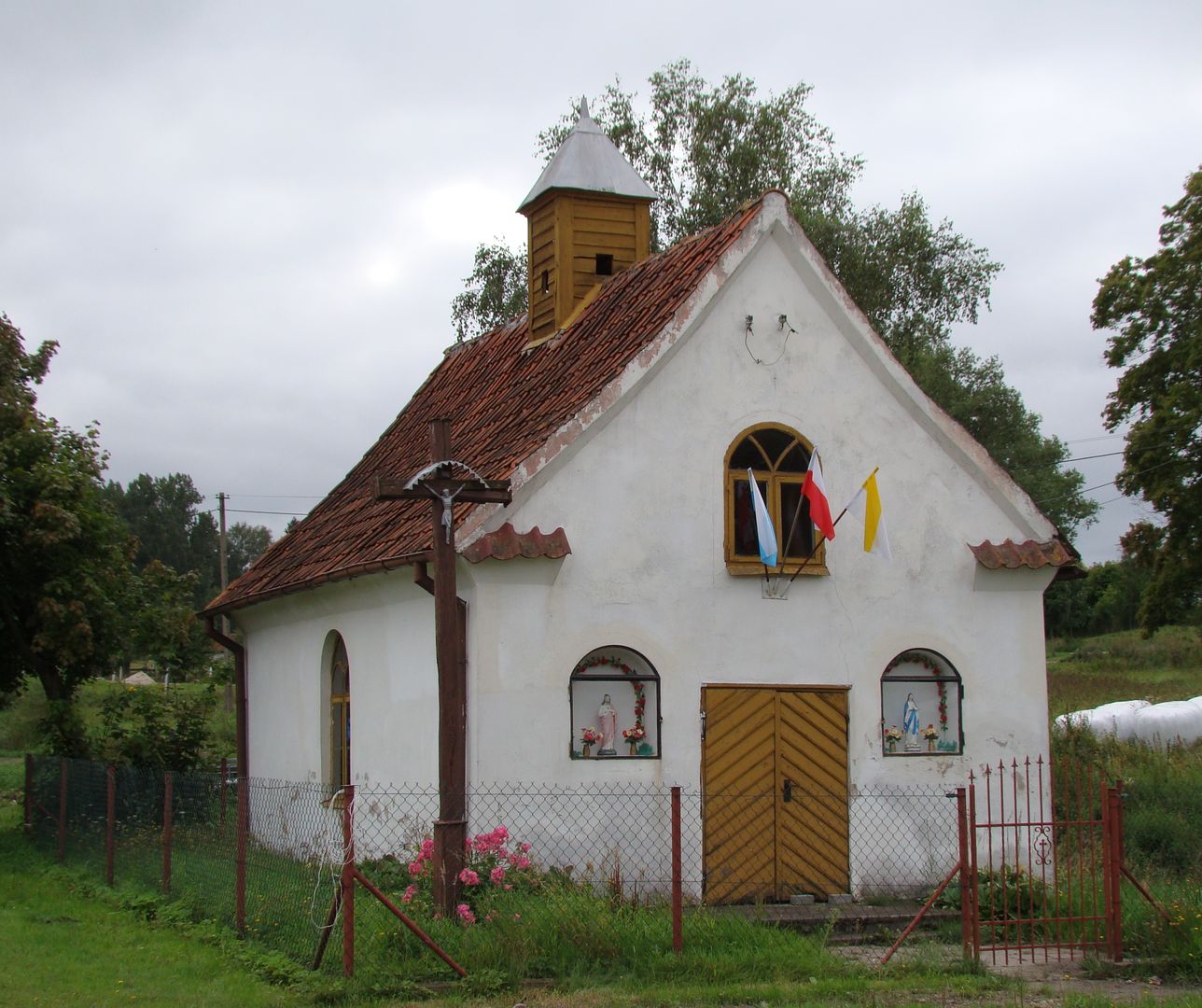Wolnica
6.67

Overview
Wolnica, formerly known as Freimarkt, is a village in the Warmian-Masurian Voivodeship with a rich history dating back to 1353, when it was founded by the bailiff Henryk Luther. The settlement was originally established on 60 łans of land, with its first village head (sołtys) being Werner. After his death, administration was taken over by his widow Małgorzata and their sons. The village experienced numerous historical events, including multiple wars that impacted its development and demographics. In the 15th century, the number of farms significantly decreased due to warfare, and by 1587, only 18 farms remained in Wolnica.
The village features a chapel built in 1842—a brick structure with a Baroque altar dedicated to St. Michael. Wolnica also played an important educational role, having established a school shortly after its foundation. A new school building was constructed in 1908. Additionally, a windmill built in the 19th century became a local attraction, and its miller was known for the quality of his services.
Wolnica gained further importance through the expansion of road infrastructure and the railway line between 1904 and 1906, which improved residents' access to larger cities and significantly boosted local businesses. In 1820, a malthouse known as the "Village Brewery" was established and operated until 1900. The village was electrified in 1926, and its first post office was set up in 1910, greatly improving communication and information flow.
Historically, Wolnica witnessed numerous events, including the passage of dignitaries, and served as a cultural hub where local festivals and gatherings were held. Despite wartime destruction, the village has preserved its unique architectural and cultural features, reflecting the rich history of Warmia.
Location
2026 Wizytor | All Rights Reserved